Literature
Writers
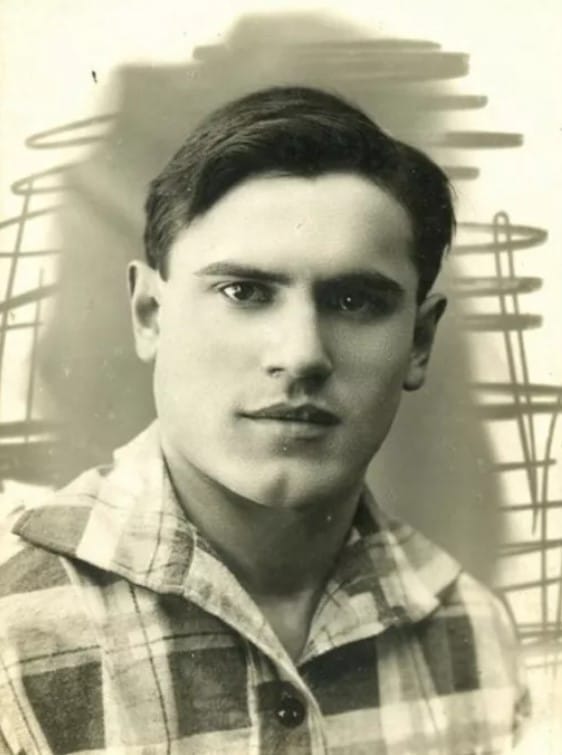
Abdulla Alish
(1908 - 1944)
Abdulla Alish was a pillar of Tatar children's literature in the 1930s; his fairy tales, poems, and plays captivated young readers. His heroism was reflected not only in literature, but also in the fight against fascism. His life and legacy remain a symbol of loyalty to the homeland and love for children.
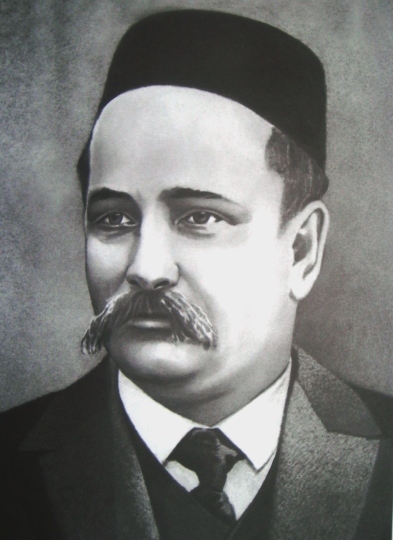
Galiaskar Kamal
(1879 - 1933)
A prominent Tatar playwright, publicist, and educator, he was one of the founders of Tatar theatrical art. His plays such as “The Bankrupt,” “Secrets of Our Town,” and “Pilgrims” were performed on the national theater stage for many years, shedding light on social issues and gaining great popularity among the people.
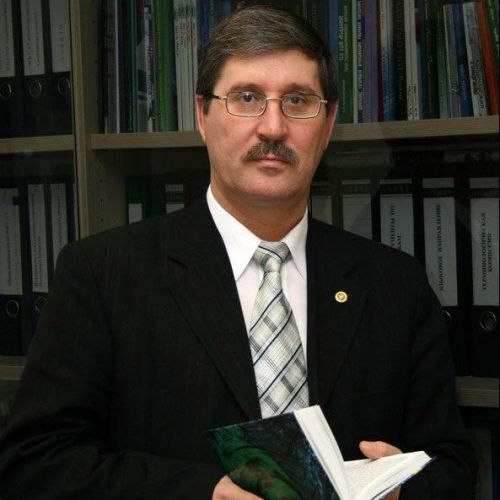
Galimjan Gilymanov
(1957 – present)
writer, poet, playwright, and literary scholar, who makes a significant contribution to the development of Tatar mythology, folk legends, children's literature, and drama through his works. He also teaches at Kazan University, works at the Tatarstan Book Publishing House, and is known as the author of numerous books, plays, and poems for children.

Koyash Timbikova
(1937 - 2004)
A Tatar writer, poetess, publicist, and journalist, she worked throughout her life starting from 1959 as a literary contributor and department head at the magazines Azat Khatyn and Kazan Utlary. Her work reflects rural life, the image of women, and a love for Tatar theater — she published numerous novellas, stories, and essays, and was awarded the Husain Yamashev Prize as well as the honorary title of Honored Art Worker of Tatarstan
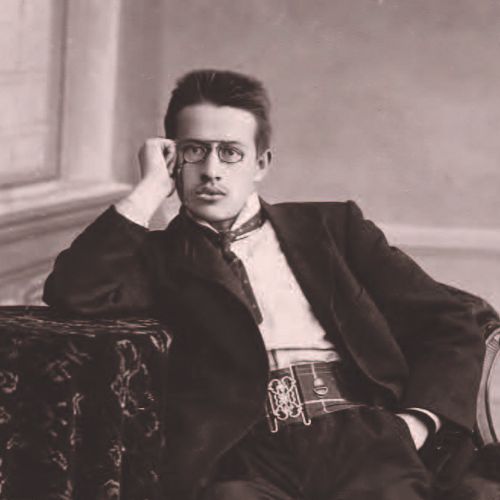
Fatih Amirkhan
(1886 - 1926)
A prominent Tatar writer, publicist, playwright, literary critic, and public figure, he was one of the first representatives of the Tatar satire genre. He led publications such as Äl-Islah, Koyash, Aң, and others that addressed themes of children, youth, and national revival. Although he spent much of his life in a wheelchair, he created satirical and prose works like Fätxulla Khäzrät, Yaşlär, and Tigezsezlär, strengthening critical realism and modern thinking in Tatar literature.
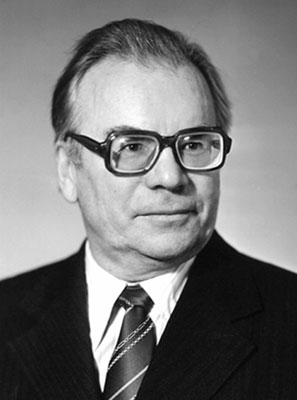
Ayaz Gilyazev
(1928 - 2002)
A prominent Tatar writer and playwright, People's Writer of Tatarstan (1993), and laureate of the state prizes named after G. Tukay and M. Gorky, his works such as “Three Arshins of Land,” “Pearl of Zaya,” and “Friday Evening” realistically depict Tatar village pride and the spiritual complexity of a person. Gilyazev was imprisoned in the Gulag from 1950 to 1955; this life experience played a key role in his creative work, deeply analyzing the inner world of a person and the contradictions between social conditions and spiritual values.
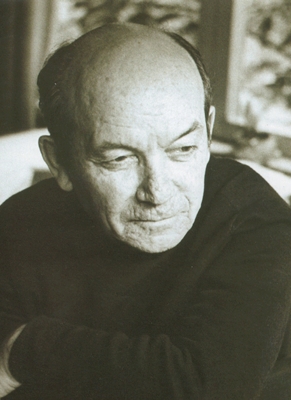
Gomär Bäşirov
(1901 - 1999)
Gomär Bäşirov is one of the classic representatives of Tatar prose. His work stands out for its deep depiction of the historical fate, customs, and national feelings of the Tatar people. He gained wide recognition through novels such as “Namus” and “Tukay,” making a significant contribution to Tatar literature.

Kärim Tinçurin
Kärim Tinçurin was a Tatar playwright, actor, director, and theater educator, and one of the founders of professional Tatar theater. He developed a strong realist direction in dramaturgy and created plays such as “The Blue Shawl,” “Kazan Towel,” “American,” and others. He also founded the Tatar State Drama Theater in the capital city. In 1937–38, he was repressed and subjected to cruelty but was later rehabilitated. In Kazan, a theater and a park bear his name.
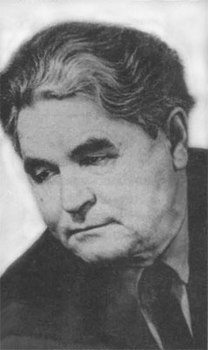
Fatih Hösni
Fatih Hösni was a prominent Tatar writer, critic, and playwright, known for works like “Usallar” and “Gilymenisa and Her Neighbors.” His creative work is distinguished by a profound portrayal of the everyday life of the Tatar people, the war years, and social changes.
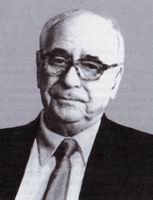
Amirkhan Yeniki
(1930–2001)
A prominent Tatar writer, publicist, translator, and laureate of the Gabdulla Tukay State Prize, People’s Writer of Tatarstan. Among his works are front-line prose stories dedicated to the Great Patriotic War, which reflect human spiritual resilience and professional devotion.
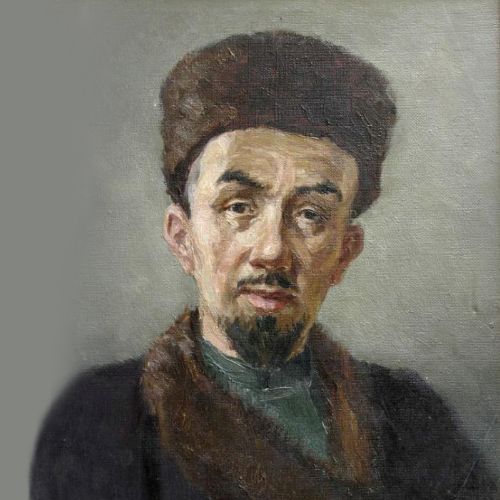
Qayum Nasiri
(1825–1902)
One of the prominent figures of Tatar enlightenment, Qayum Nasiri contributed greatly to the systematization and scientific study of the Tatar language. He worked to promote education, introduce new teaching methods, and reform religious-scientific traditions.
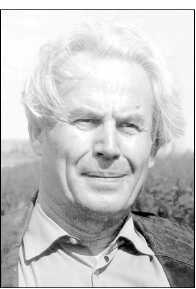
Möxämmät Mähdiev
(1930–2012)
A poet-prose writer, people’s writer, literary scholar, and critic who vividly depicted rural reality and wartime in a folksy and deeply meaningful style. His works like “We are the Children of 1941,” “A Person Leaves — The Song Remains,” and “Frontline Soldiers” are strong examples of creative portrayals of the human spirit and modern social problems.
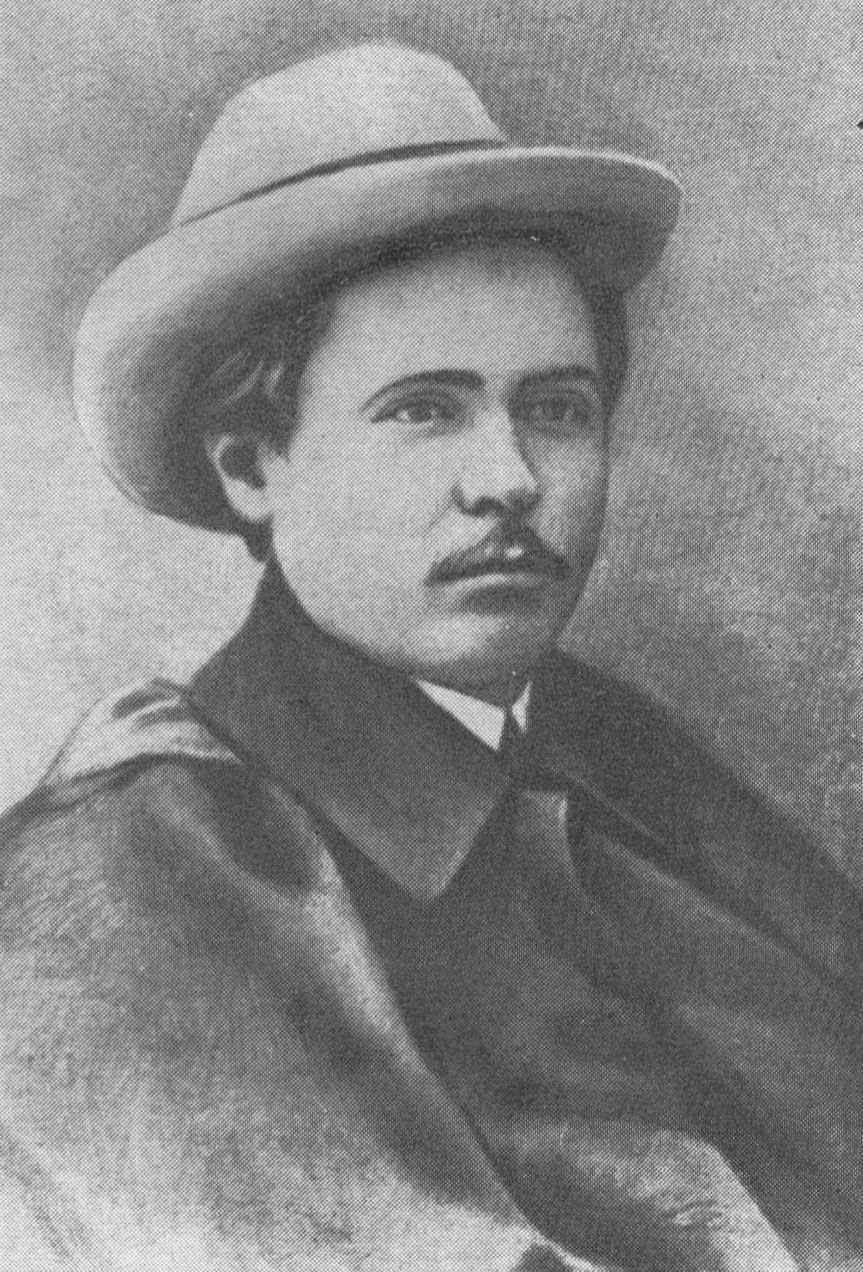
Galimjan İbrahimov
(1871–1938)
As a great classic of Tatar literature, he illuminated village life, the image of Tatar women, and youth changes through realistic prose, fostering national consciousness with novels such as “The White Cloth” and “On the River Bank.” Also a linguist, he contributed scientific works on Tatar grammar and teaching methodology, and as a public figure led national-educational organizations.
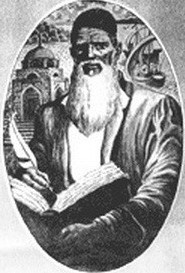
Kol Gali
(1183–1236)
An ancient Bulgar-Tatar poet and author of the lyric-epic poem “The Lay of İldar.” This poem was written in the 13th century in a Turkic language, widely spread in Volga Bulgaria, leaving ethnic and cultural marks on the languages of the North Caucasus, Tatar, Bashkir, Kazakh, and Uzbek peoples.
Poets
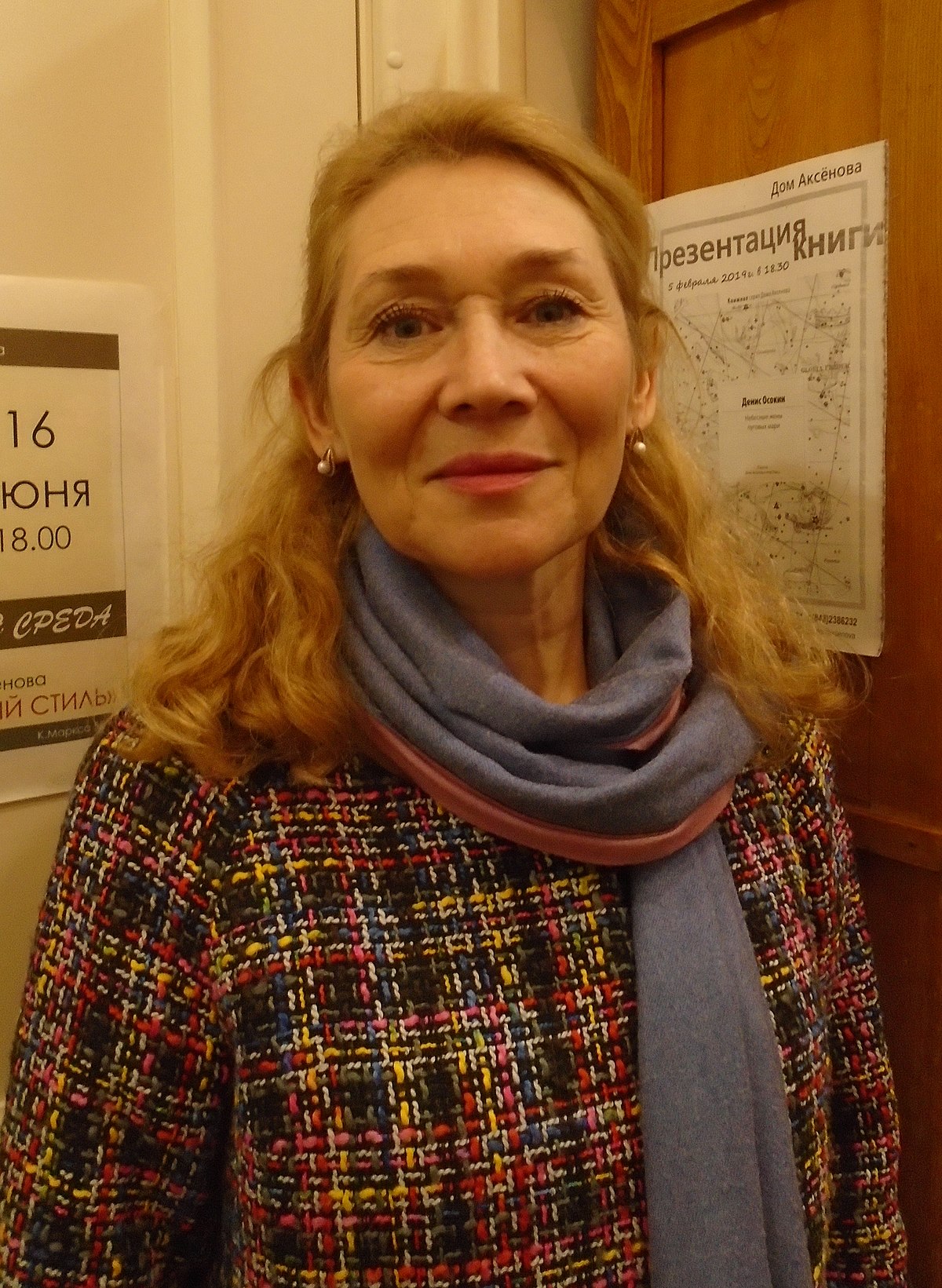
İlsöyär İksanova
(1957 - present)
An active poet and prose writer in official journalism, and deputy chairperson of the Writers’ Union of Tatarstan. Her works deeply explore women’s themes, society, and dramaturgy, known through more than 40 books, poetry collections, plays, and journalistic pieces.
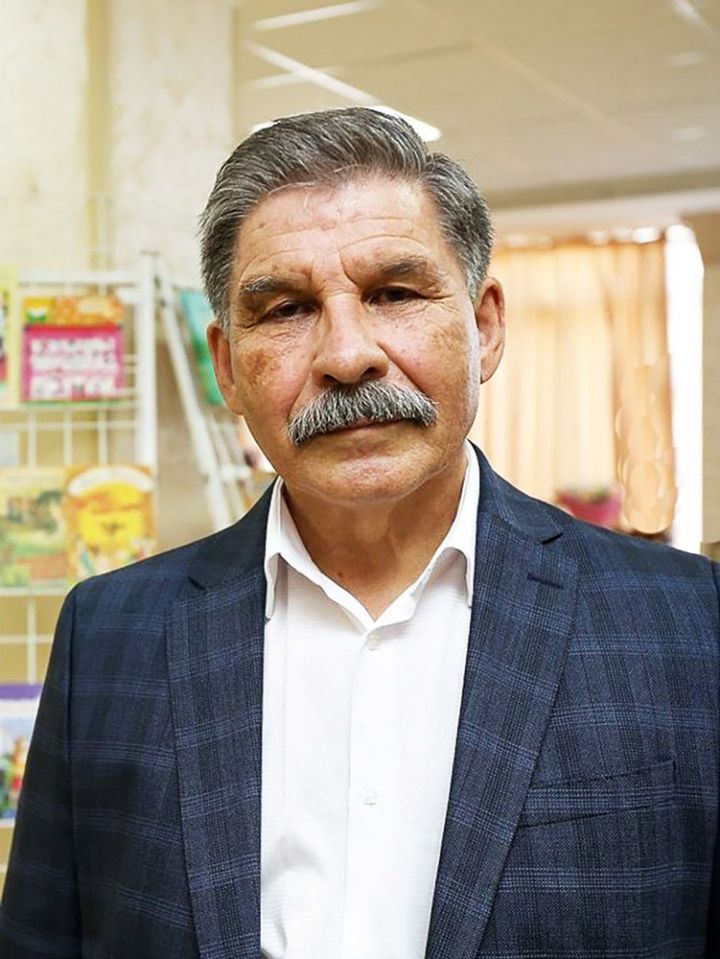
Robert Miñnullin
(1935–2012)
A Tatar people's poet, journalist, and public figure. His lyrical poems dedicated to children, journalistic articles, and gifted parliamentary speeches left a deep imprint on Tatar literature and public life. Author of 34 books, his widely known song lyrics have secured an eternal place in the hearts of the people.
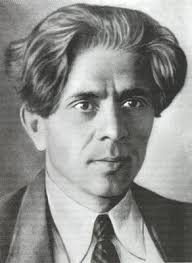
Hadi Taktash
(1900–1931)
Hadi Taktash is considered the founder of Soviet Tatar poetry, a poet who suddenly introduced a new revolutionary-lyrical voice and themes. His work is marked by a sharp fusion of personal and social imagery, revealing a complex interpretation of both national and global conditions.
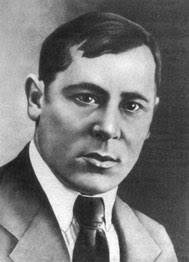
Musa Jalil
(1906–1944)
A great Tatar poet and hero who went to the Great Patriotic War front, wrote the famous Moabit Notebooks while in captivity, and showed courage in the fight against fascism. His work ranges from uplifting patriotic poems to intimate lyrical feelings. He was awarded the title Hero of the Soviet Union and the Lenin Prize.
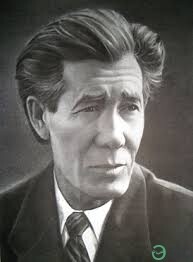
Hasan Tufan
(1900–1973)
A classic of Soviet Tatar poetry, he opened themes of labor, love, and the fate of the people in a fundamentally new way through rhythmic and lyrical forms. His poetry skillfully reflects religious-school experience, the gold mines of the Urals, and the hardships of repression, depicting both the tragedy and hope of the nation.
